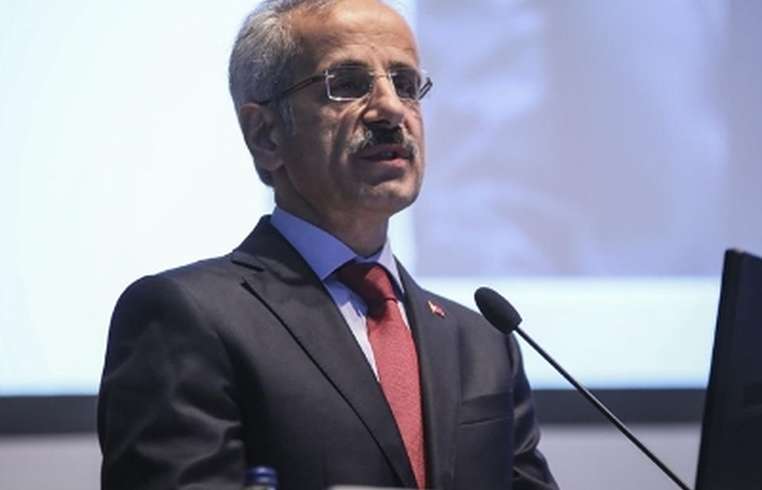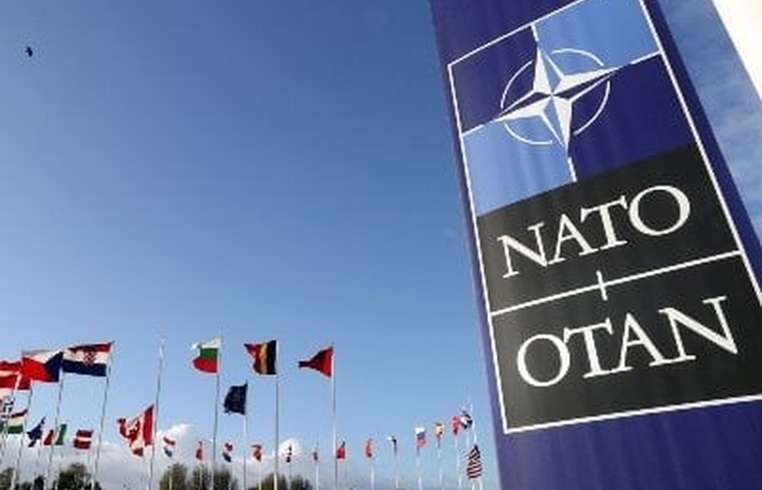
News - There will be need to change Armenia’s constitution if peace treaty contradicts this constitution, Nikol Pashinyan says
Business Strategy
There will be need to change Armenia’s constitution if peace treaty contradicts this constitution, Nikol Pashinyan says

Azerbaijan insists that the Constitution of the Republic of Armenia is an obstacle to the peace Agreement because it allegedly contains territorial claims on Azerbaijan. Armenian Prime Minister Nikol Pashinyan stated this during his speech at the 79th session of the UN General Assembly in New York Thursday. "Without going into details, let me say that there is nothing of this kind in our Constitution, there are no territorial claims on Azerbaijan, and we can provide detailed written proofs regarding this to all our international partners concerned. Moreover, it is the Constitution of Azerbaijan that contains territorial claims on the Republic of Armenia and we can present written argumentation on this as well to all our international partners concerned. But pay attention: we do not consider the Constitution of Azerbaijan as an obstacle to the Peace Agreement for the simple reason, that the agreed part of the draft Peace Agreement contains wording that solves the problem and that wording is as follows: “None of the Parties may invoke the provisions of its internal legislation as justification for its failure to perform the present Agreement,’” Pashinyan added. He noted that the signing of this agreement will address the concerns of both Armenia and Azerbaijan and will create legal guarantees for addressing them fundamentally. " And as in other cases, after signing the Peace Agreement with Azerbaijan, we must submit it to the Constitutional Court to verify the compliance of the Agreement with the Constitution of the Republic of Armenia. If our Constitutional Court decides that the Peace Agreement with Azerbaijan is in contradiction with the Constitution of the Republic of Armenia (even though our experts assure that it is not likely to happen), then we will face a specific situation where constitutional changes will be needed for the sake of achieving peace. And if our Constitutional Court decides that the Agreement complies with the Constitution of the Republic of Armenia, then there will be no barriers for ratification in the Parliament of Armenia, and here an extremely important circumstance comes in. Under Paragraph 3 of Article 5 of the Constitution of the Republic of Armenia, ratified international agreements have precedence over the domestic legislation of the Republic of Armenia, and therefore, after the signing and ratification of the Peace Agreement with Azerbaijan, theoretically, even if there were laws that could be interpreted as containing territorial claims, these documents would be subordinate to the Armenia-Azerbaijan Peace Agreement and would automatically have no legal force. The same logic would apply to Azerbaijan of course," added the PM of Armenia.






